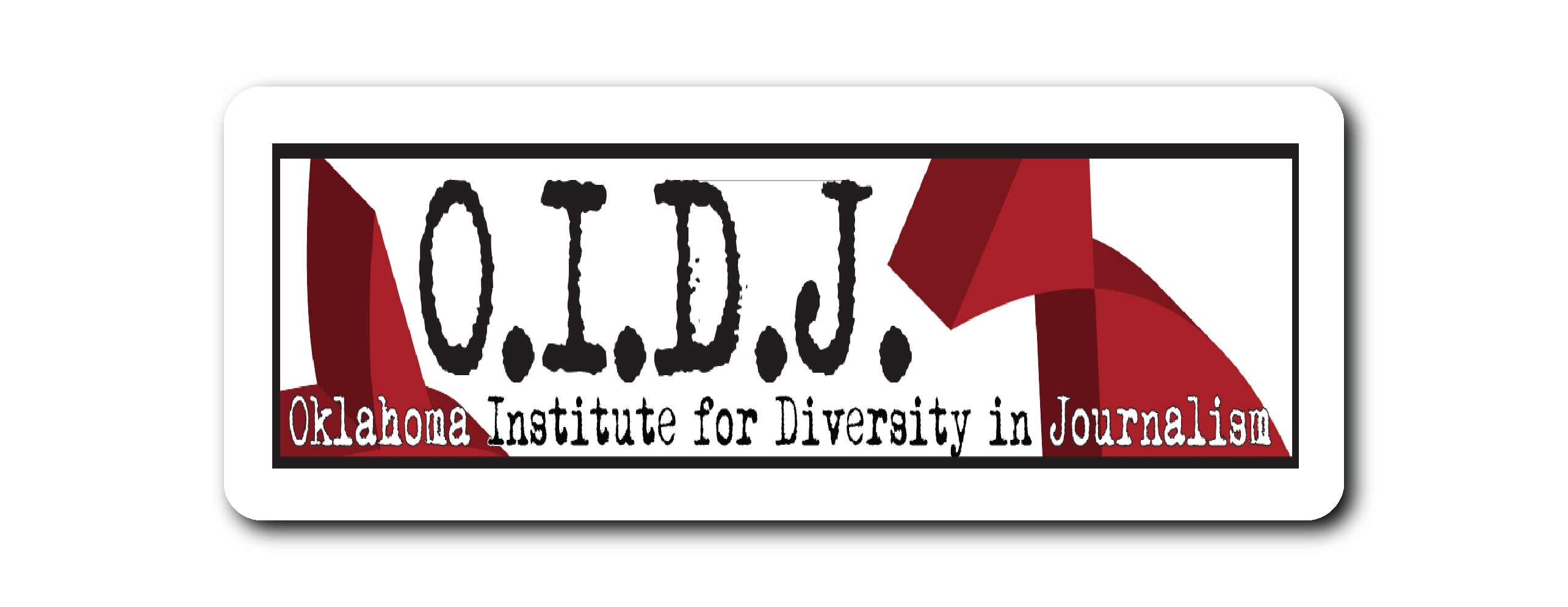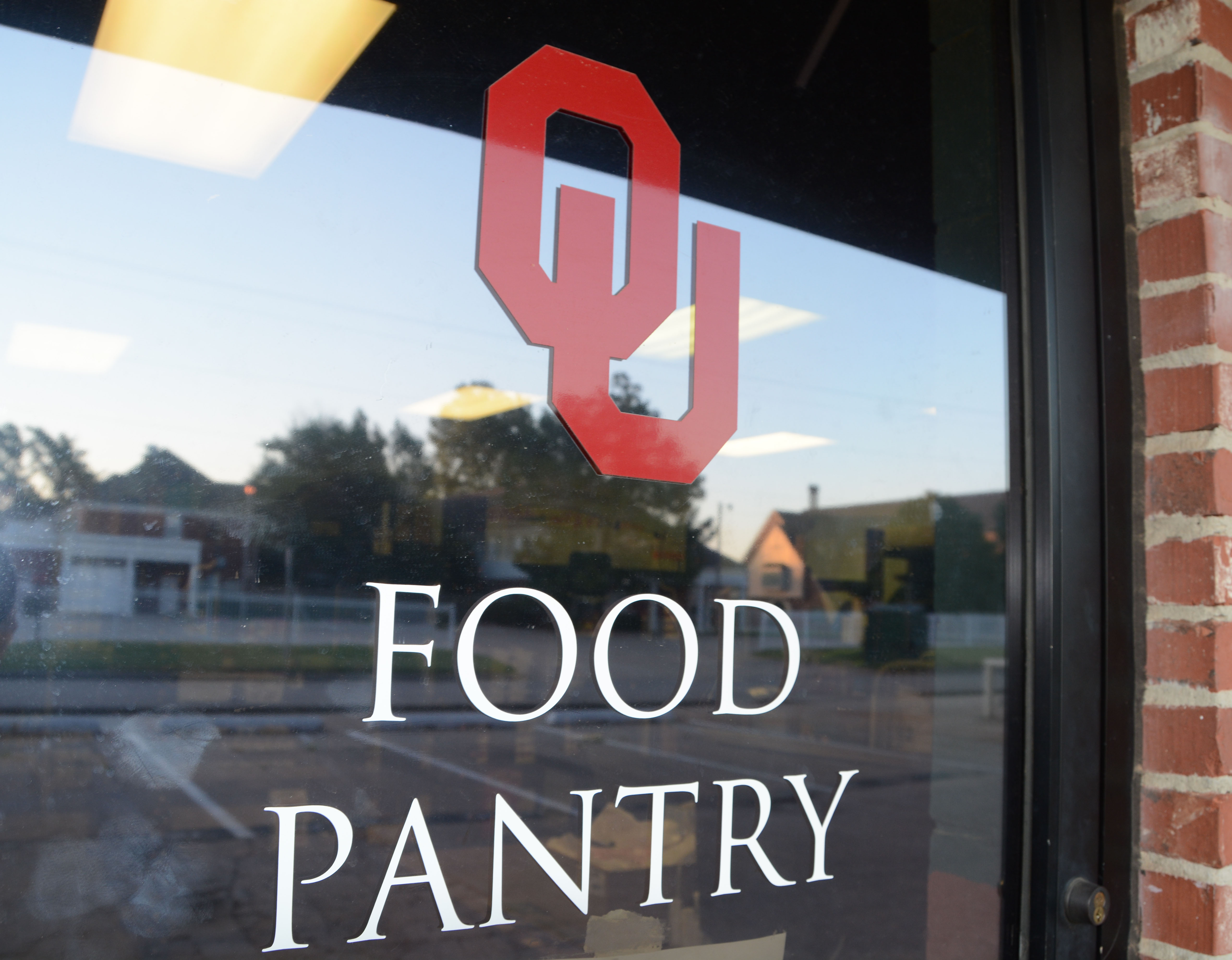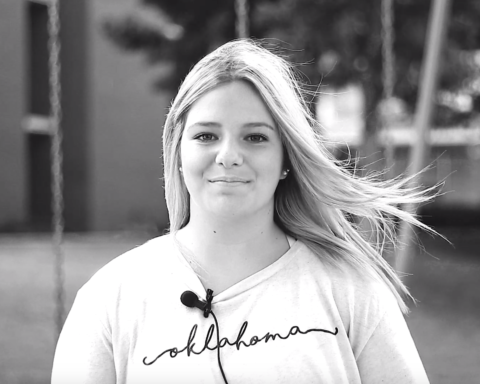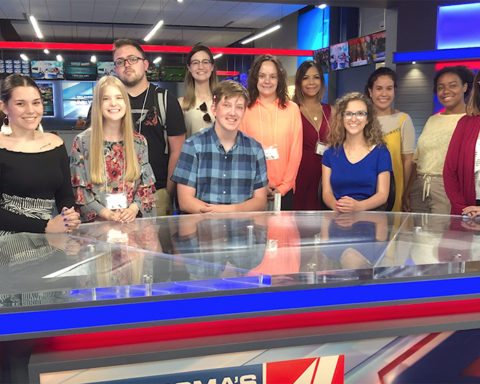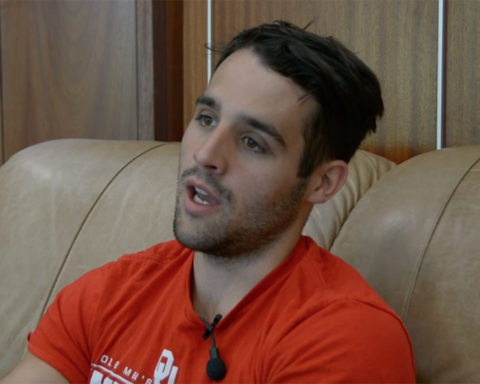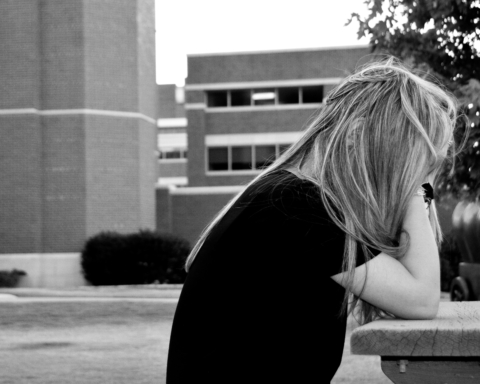By Chloe Dean
Breea Clark has already made strides for her generation by becoming the first millennial mayor in Norman, Oklahoma. But her unique approach to spreading awareness about food insecurity may be a bigger stride needed for the community.
Over 55 percent of Cleveland County lives in an area with low access to food, according to the Oklahoma Regional Food Bank. And Clark believes that food insecurity is a root cause of many issues.
“You can’t truly be a productive citizen when you’re hungry and malnourished,” Clark said.
Clark, who took office in July, wants to host themed mayoral town halls to educate the public, at the top of this list is a food insecurity month. But increased awareness is not the only thing on Clark’s mind.
She believes Tobacco Settlement Endowment Trust (TSET) funds could potentially aid the needs of Norman.
“One thing we did right was investing TSET funding in healthy public initiatives… including fighting food deserts,” Clark said.
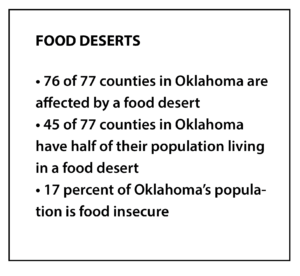
Clark has already been cited wanting to have a closer relationship with the University of Oklahoma, according to The OU Daily.
“It’s really a city within our city,” Clark said, “and as tuition rises, so does hunger.”
Over the past few years, the university has adopted programs to fight student hunger.
In 2017, Matt Marks founded the OU Food Pantry, which he continues to run as a graduate student. He said the pantry opened his eyes about hunger in the community he loves.
“When I first started (the food pantry) I had no clue that this (hunger) was a big issue on campus,” Marks said.
He believes that hunger has a major effect on mental health and experts agree. The American Academy of Pediatrics linked hunger to increased behavioral and developmental struggles in youth, which can lead to academic struggles in school and continue into college.
But for some, getting help just doesn’t seem like an option due to a negative stigma, according Dr. Karen Vaughn, a licensed psychologist at OU’s Goddard Health Center.
“It’s very difficult to reach out, even talking to a trained professional,” Vaughn said.
In Vaughn’s profession, she targets a large variety of struggles, but it is not uncommon for students receiving counseling to also be food insecure. Vaughn said she tries to guide her clients to other services, like the food pantry, to find the best way to combat her client’s hunger.
Hunger affects everything. If a person cannot eat, their mental and physical health is at risk. While it can be hard for students and families to solve the issues of food insecurity on their own, the city of Norman has a leadership team that is making combatting hunger a priority.
